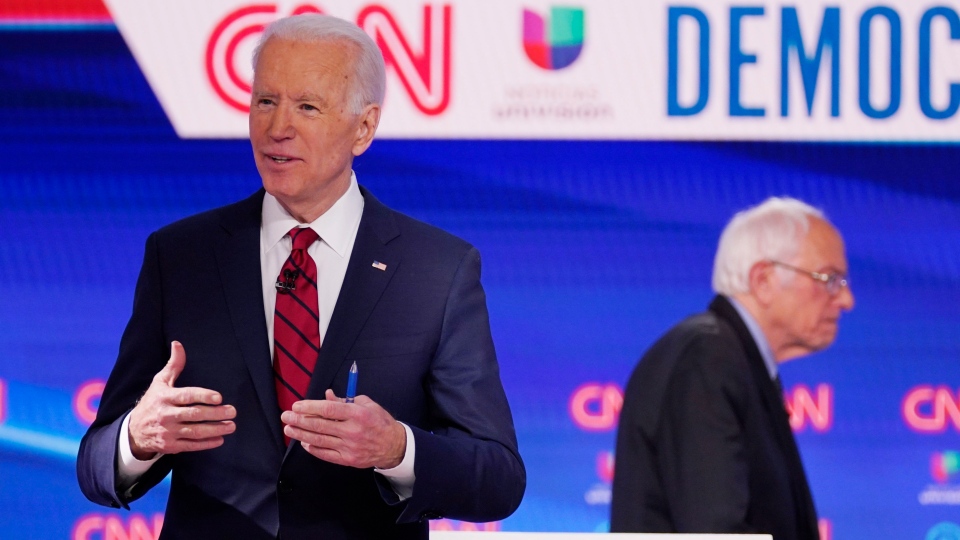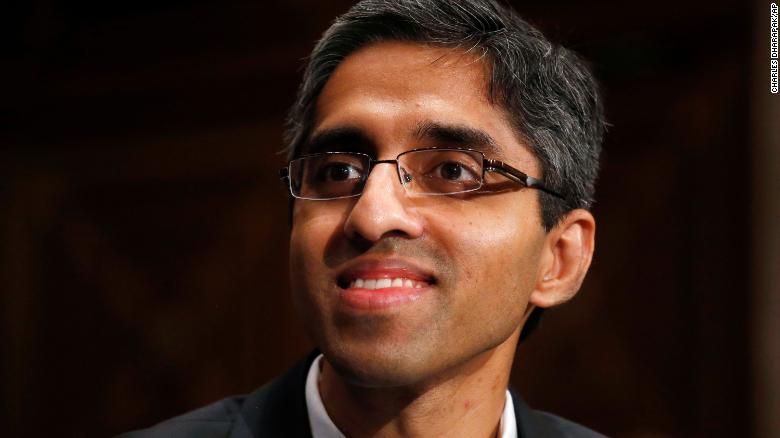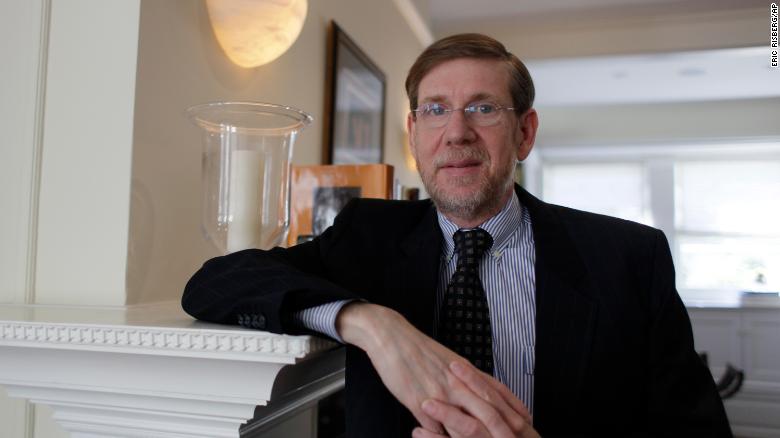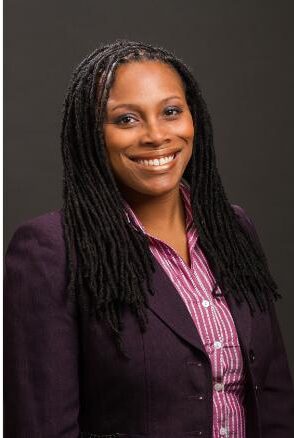
Here’s who’s on President-elect Biden’s newly formed Transition Covid-19 Advisory Board
President-elect Joe Biden and Vice President-elect Kamala Harris’ newly appointed Transition Covid-19 Advisory Board is led by established public health officials and staffed by a mix of doctors and current
President-elect Joe Biden and Vice President-elect Kamala Harris’ newly appointed Transition Covid-19 Advisory Board is led by established public health officials and staffed by a mix of doctors and current and former government officials, some with high-profile media visibility.
The advisory board is co-chaired by former FDA Commissioner Dr. David Kessler, former Surgeon General Dr. Vivek Murthy, and Dr. Marcella Nunez-Smith, Yale associate professor of medicine and epidemiology.
Also on the advisory board are well-known medical figures, including Obamacare architect Dr. Zeke Emanuel, bestselling author
Dr. Atul Gawande and Trump administration whistleblower Rick Bright, who led the government’s production and purchase of vaccines.
Biden said Monday that they will seek to add other members to the board going forward. Here’s a look at who he has appointed to the board so far.
Vivek Murthy
David A. Kessler
Marcella Nunez-Smith
Dr. Marcella Nunez-Smith is an associate professor of medicine and epidemiology at Yale University and associate dean for Health Equity Research at Yale School of Medicine.
Her research focuses on “promoting health and healthcare equity for structurally marginalized populations,” according to her Yale bio. She is originally from the US Virgin Islands and received her MD from Jefferson Medical College and a master’s in health sciences from Yale.
Luciana Borio
Dr. Luciana Borio is a senior fellow for global health at the Council on Foreign Relations and the vice president of In-Q-Tel, a venture capital firm.
Born in Brazil, Borio joined the FDA in 2008 as a medical officer and served in senior leadership roles, rising to assistant commissioner for Counterterrorism Policy and Acting Chief Scientist at the FDA.
She also helped develop and execute the US response to H1N1, Ebola, and Zika, according to the Carnegie Corporation of New York. From 2017 to 2019, she was the director for medical and biodefense preparedness policy at the National Security Council and was a member of the NSC’s pandemic response team until 2018, the organization said.
Dr. Zeke Emanuel
Rick Bright, an immunologist, and virologist oversaw the government’s production and purchase of vaccines before his abrupt dismissal in April. He filed an extensive whistleblower complaint this spring alleging that his early warnings about the coronavirus were ignored and that his caution at hydroxychloroquine led to his removal.
Bright had been the director of the Biomedical Advanced Research and Development Authority (BARDA) from 2016 to 2020. He was then reassigned to a narrower role at the National Institutes of Health and ultimately resigned after his lawyers said he was “sidelined” by the Trump administration in retaliation.
After he aired his complaints, the Trump administration officials attacked his credibility and leadership, but his most recent performance review from May 2019 delivered rave reviews for Bright’s management of his office and included no criticisms.
He holds a Ph.D. in immunology and virology from Emory University and served as an adviser to the World Health Organization, according to its website.
Atul Gawande
Dr. Atul Gawande is a surgeon and Harvard professor best known for his books and writings on the medical field.
Gawande won a MacArthur “genius grant” in 2006 for his work applying “a critical eye to modern surgical practice, articulating its realities, complexities, and challenges,” the fellowship said. He is a staff writer for The New Yorker and author of four books, including the work “Being Mortal” about end-of-life care.
In addition, he is the founder and chair of Ariadne Labs, a joint center for health systems innovation, and of Lifebox, a nonprofit organization that aims to make surgery safer globally, according to his website.
Julie Morita
Dr. Julie Morita, a pediatrician, is the executive vice president of the Robert Wood Johnson Foundation (RWJF), the US’s largest philanthropy dedicated solely to health, according to its website.
She previously worked in the Chicago Department of Public Health for nearly two decades and served as the department’s commissioner from 2015 until last year. She was born and raised in Chicago and also worked as an Epidemic Intelligence Service officer at the US Centers for Disease Control and Prevention.
Her parents were detained in Japanese internment camps in the US during World War II, which influenced her to become an advocate for equity issues, the RWJF said.
In August, she wrote an opinion piece for CNN pushing for a Covid-19 vaccine distribution plan.
Michael Osterholm
Loyce Pace
Robert Rodriguez
Eric Goosby
Source: CNN














